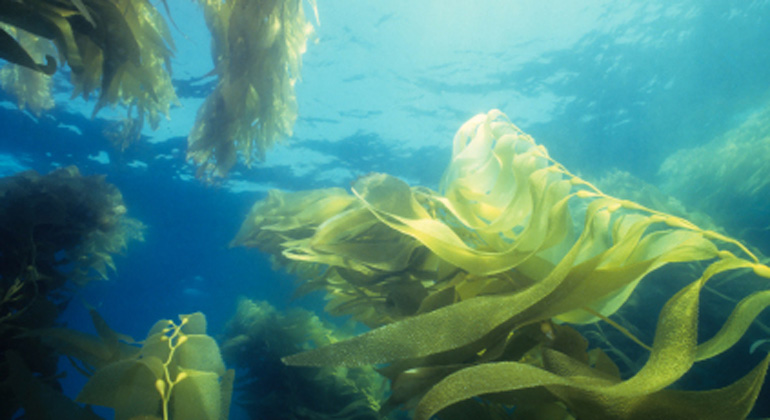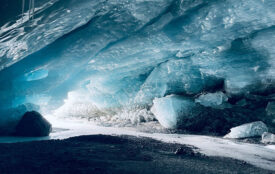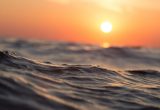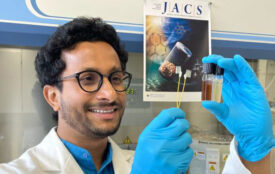Department of Energy Announces 18 New Projects to Accelerate Production of Macroalgae for Energy and Other Uses
ARPA-E Awards $22 Million to Help Establish United States as a Leader in Marine Biomass Production.
The Department of Energy today announced $22 million in funding through the Advanced Research Projects Agency-Energy (ARPA-E) for 18 innovative projects as part of the Macroalgae Research Inspiring Novel Energy Resources (MARINER) program. MARINER projects will develop the tools to enable the United States to become a leading producer of macroalgae, or seaweed, helping to improve U.S. energy security and economic competitiveness. Macroalgae can be utilized as a feedstock for domestic transportation fuels, chemicals and other commercial products without competing with food crops for land and water.
“From Alaska to the Gulf Coast, the United States has offshore resources capable of producing enough seaweed to handle as much as 10 percent of our demand for transportation fuel,” said ARPA-E Acting Director Eric Rohlfing. “By focusing on the technological challenges to growing and harvesting macroalgae efficiently and cost-effectively, MARINER project teams are building the tools we need to fully put this resource to work contributing to our energy future.”
Today, nearly all domestic biomass produced for electricity generation and liquid fuels occurs on land. While macroalgae production has increased substantially over the past quarter-century, it is not currently capable of achieving the scale, cost, and efficiency needed for an impactful seaweed-to-fuels process. Achieving this heightened productivity requires a technology-driven approach focusing on transformative, systems-level improvements and engineering, including advanced research in farm design and autonomous operation.
ARPA-E project teams rely on partnerships to encourage the exchange of new ideas and achieve the most innovative outcomes. Because impactful macroalgae fuel production remains an extremely ambitious prospect, overcoming the early-stage R&D challenges presented by MARINER requires cross-disciplinary collaboration, drawing on fields such as cultivation and harvesting systems, advanced components, computer modeling, aquatic monitoring, and advanced breeding and genetics tools to achieve program goals.
The full list of MARINER projects can be found HERE.
Source
Advanced Research Projects Agency – Energy – U.S. Department of Energy 2017








